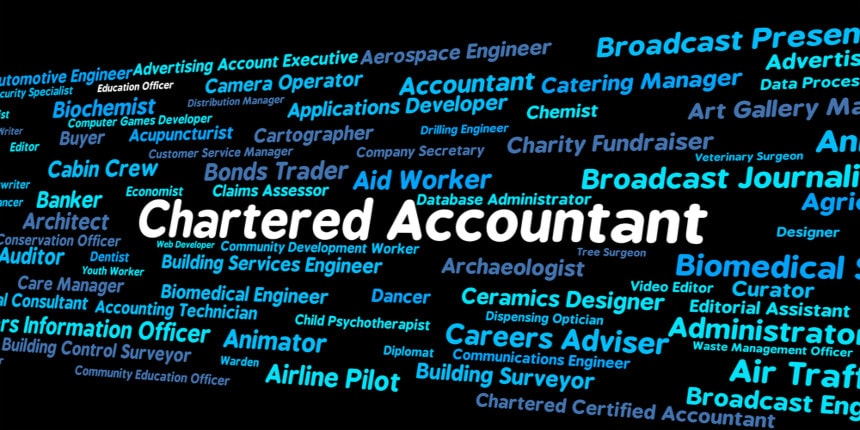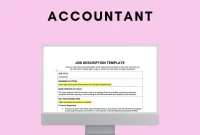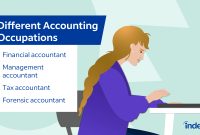Becoming a Chartered Accountant (CA) is a rewarding career path that offers numerous opportunities in the finance and business sectors. Chartered Accountants are respected professionals known for their expertise in financial reporting, auditing, taxation, and business advisory services. In this article, we will guide you through the steps to become a Chartered Accountant, discuss the skills required, and explore the career opportunities available in this prestigious profession.
What Is a Chartered Accountant?
A Chartered Accountant is a professional who has earned the CA designation through a combination of education, exams, and work experience. They are highly trained in accounting, finance, and business management, and they play a critical role in helping organizations maintain financial health, comply with regulations, and achieve their business goals.
Educational Requirements
1. Obtain a Bachelor’s Degree
The first step to becoming a Chartered Accountant is to earn a bachelor’s degree in accounting, finance, or a related field. A strong foundation in mathematics, economics, and business principles will be beneficial for your future studies and career.
2. Enroll in a CA Program
After completing your bachelor’s degree, the next step is to enroll in a Chartered Accountant program. Various professional bodies offer CA programs worldwide, such as the Institute of Chartered Accountants in England and Wales (ICAEW), the Chartered Accountants Australia and New Zealand (CA ANZ), and the Canadian Institute of Chartered Accountants (CICA).
These programs typically include a series of exams and practical experience requirements. Be sure to research the specific requirements and courses offered by the program you choose.
The Examination Process
1. Pass the Foundation Level
The CA program usually begins with a foundation level, which covers basic accounting principles, business law, and management. This level serves as the groundwork for more advanced studies.
2. Clear the Intermediate Level
Once you’ve passed the foundation level, you will progress to the intermediate level. Here, you’ll delve deeper into subjects like financial accounting, taxation, and auditing. This level is crucial as it prepares you for the challenges of the professional stage.
3. Succeed in the Final Level
The final level is the most advanced and challenging stage of the CA program. It involves in-depth studies of advanced financial management, strategic business planning, and complex tax issues. Successfully passing this stage demonstrates your expertise and readiness to become a Chartered Accountant.
Practical Experience
1. Gain Work Experience
In addition to passing exams, gaining practical work experience is a vital component of becoming a Chartered Accountant. Most CA programs require candidates to complete a certain number of hours working under the supervision of a qualified Chartered Accountant. This hands-on experience helps you apply theoretical knowledge in real-world scenarios and develop essential skills.
2. Seek Internship Opportunities
Consider seeking internships or entry-level positions with accounting firms or companies with financial departments. This experience will not only help you fulfill program requirements but also provide valuable networking opportunities and professional growth.
Skills Required for Chartered Accountants
Chartered Accountants need a diverse set of skills to excel in their careers. Here are some key skills to develop:
1. Analytical Skills
CA professionals must be able to analyze complex financial data, identify trends, and make informed decisions. Strong analytical skills are essential for success in this field.
2. Attention to Detail
Accuracy is crucial in accounting, as even minor errors can have significant consequences. Attention to detail ensures that financial reports and analyses are precise and reliable.
3. Communication Skills
Effective communication is vital for Chartered Accountants, as they need to explain complex financial concepts to clients, colleagues, and stakeholders. Being able to convey information clearly and concisely is a valuable asset.
4. Problem-Solving Abilities
CA professionals often face challenging situations that require creative problem-solving skills. The ability to think critically and develop innovative solutions is highly valued in this profession.
Career Opportunities for Chartered Accountants
Chartered Accountants have a wide range of career opportunities available to them. Here are some common roles they may pursue:
1. Public Accounting
Many Chartered Accountants work in public accounting firms, providing services such as auditing, tax planning, and financial consulting to a variety of clients.
2. Corporate Accounting
CA professionals can also work in corporate accounting departments, managing financial records, preparing reports, and ensuring compliance with regulations for individual companies.
3. Government and Non-Profit Organizations
Chartered Accountants may find opportunities in government agencies and non-profit organizations, where they contribute to financial planning, budgeting, and audits.
4. Financial Analysis
Some CAs choose to specialize in financial analysis, helping businesses make informed investment decisions by evaluating financial data and market trends.
5. Management Consulting
Chartered Accountants with strong business acumen may transition into management consulting, advising companies on strategic planning, operational improvements, and risk management.
Conclusion
Becoming a Chartered Accountant is a challenging but rewarding journey that requires dedication, education, and practical experience. By following the outlined steps, developing essential skills, and exploring diverse career opportunities, you can achieve success in this prestigious profession. Whether you aspire to work in public accounting, corporate finance, or consulting, the CA designation opens doors to a fulfilling and financially rewarding career.



